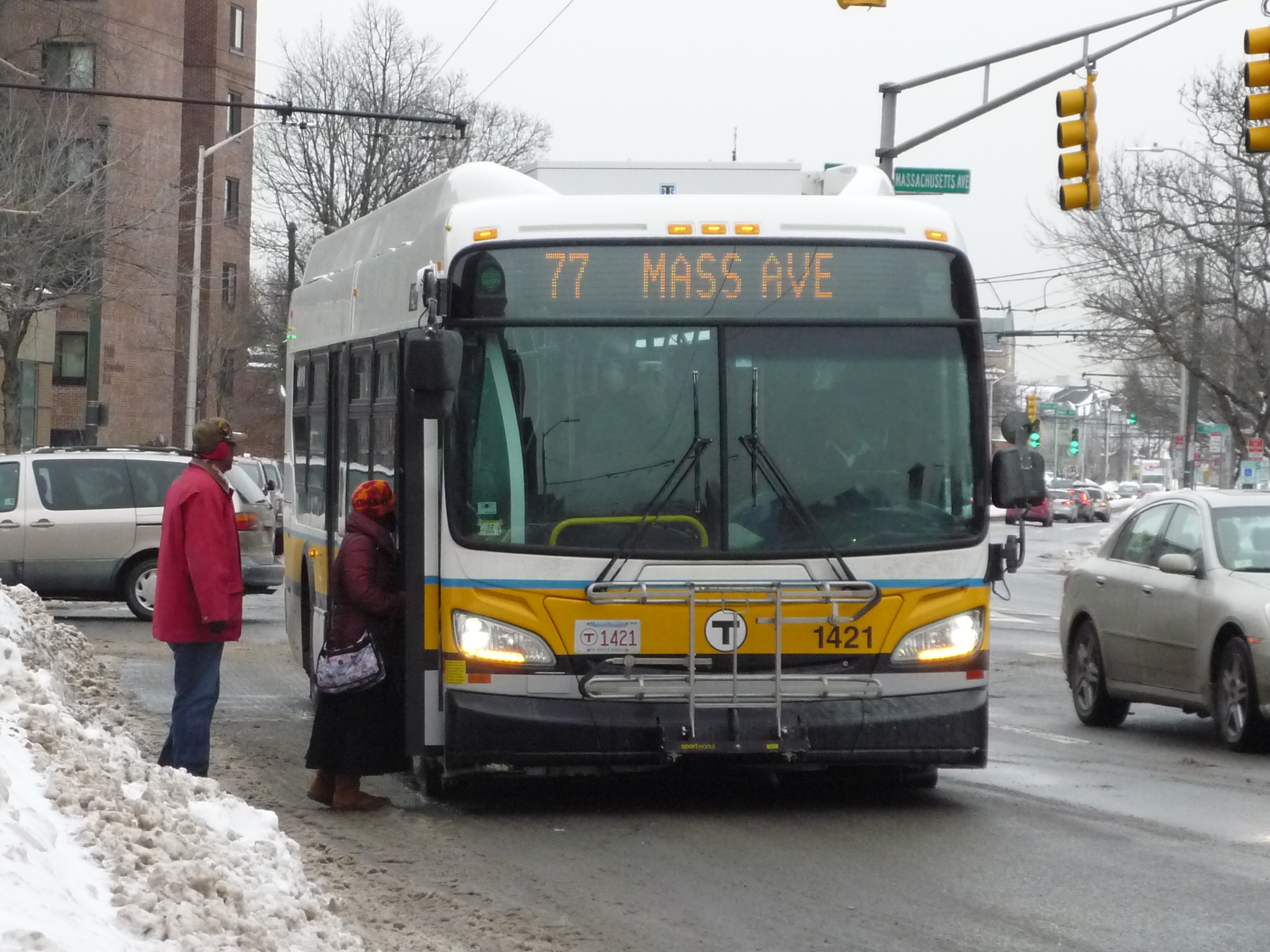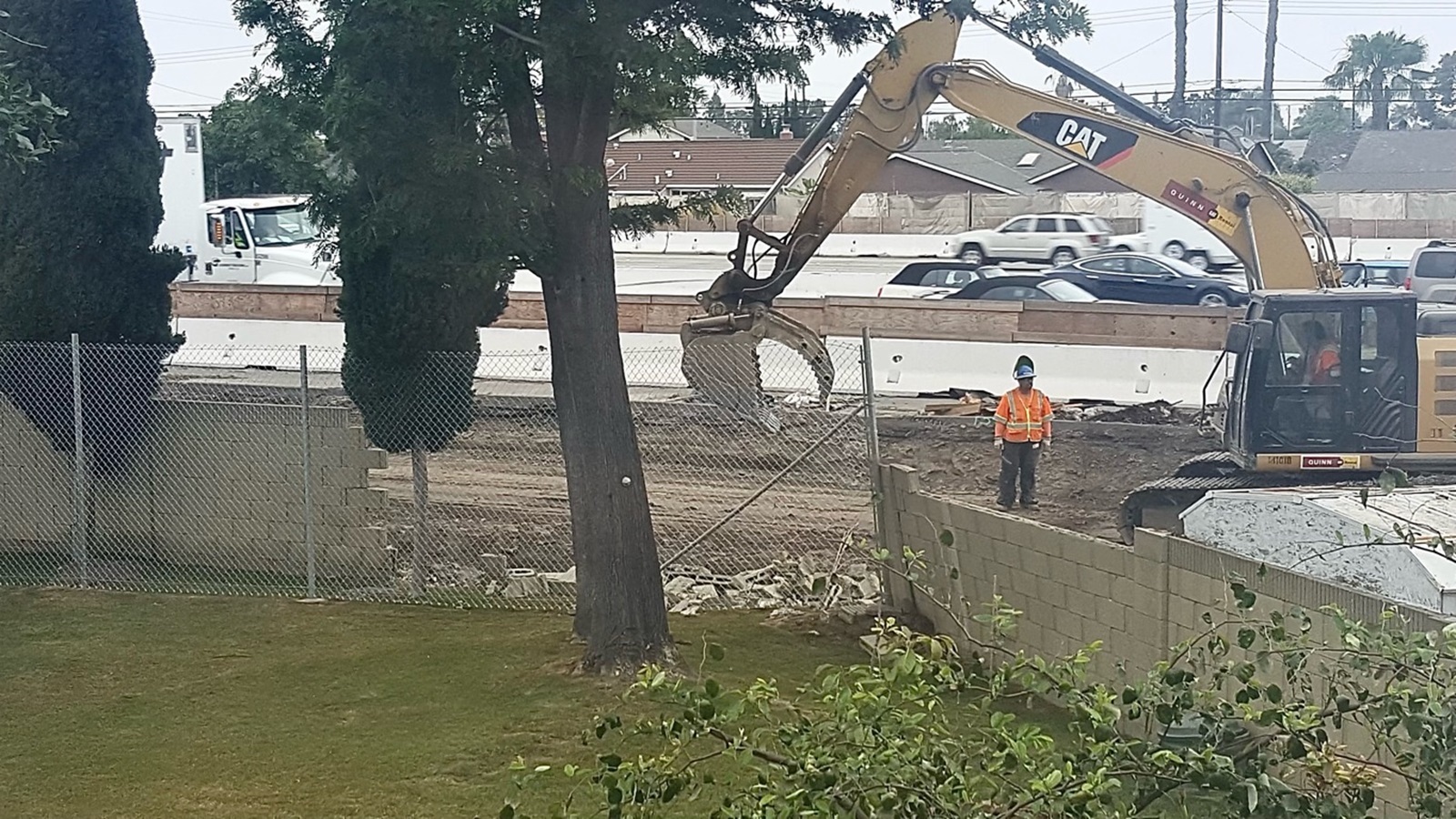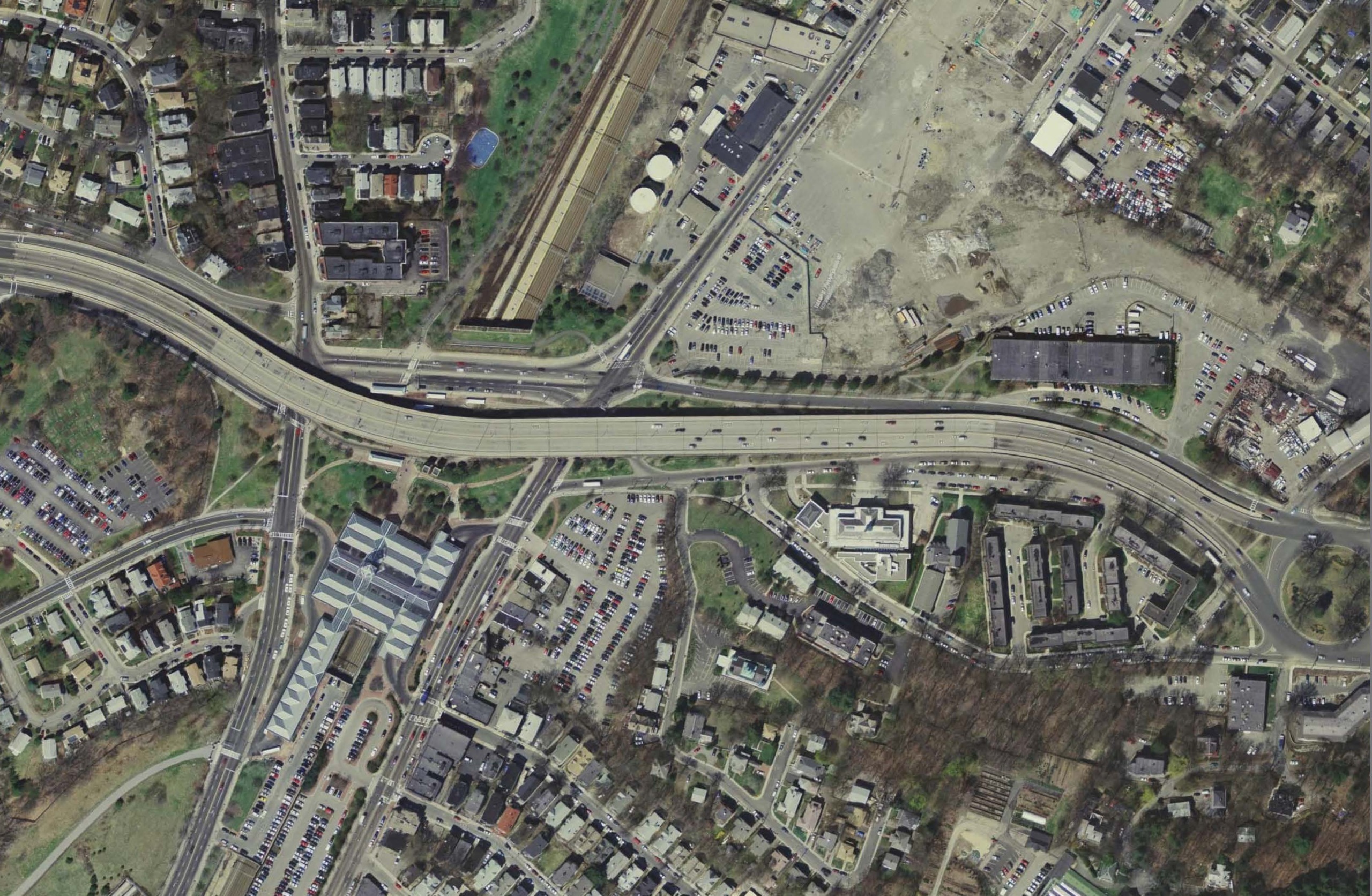
Should the MBTA Have a Ridership Goal? It Depends.
What is needed now is not a conversation about setting goals for the T, but rather a conversation about the Commonwealth’s goals for its future growth, the health and welfare of its citizens, and its environmental sustainability.


Photo: Jason Lawrence, CC-BY-2.0 via Wikimedia Commons
This week, the board of the Boston area’s regional transit agency, the MBTA, received a detailed and informative presentation (PDF) on recent trends in ridership and their implications for long-range planning.
Embedded within the presentation was a question to the board: “Should the MBTA have a goal to maintain or increase its market share?” The answer is intended to inform the agency’s response to a larger question: How much capacity should the MBTA plan to provide in the future?
To environmentalists and transit advocates, the reflexive answer to the question goes like this: Yes, there should be a goal; it should be to increase market share; and the goal should be set as high as possible.
And while I think that’s probably the right answer, it’s worth taking a step back to ask why we care about ridership in the context of the challenges that are currently facing the Boston region.
From my perch, the region faces at least five urgent challenges related to transportation:
- An affordable housing crisis that creates pressure for new development, ideally close to the urban core.
- The development of new centers of jobs and activity within the region (especially in and near the urban core) that are poorly served by the current transit network.
- Demographic shifts – including the displacement of lower-income people from the urban core to outlying communities and the aging of the population, especially in the suburbs – that are creating new demands for public transportation in places that are currently poorly served.
- The flooding of the urban core with cars, eroding public health and safety and community quality of life.
- Perhaps most profound, the imperative to dramatically reduce greenhouse gas emissions and adapt the transportation system to climate change.
Increasing MBTA ridership or market share can help to address (or serve as an indicator of success in addressing) each of these challenges. But the strategies the agency might use to increase ridership would differ depending on which problem or problems you prioritize solving first.
Moreover, the MBTA’s ability to achieve a given market share depends as much on decisions made by cities, towns, the legislature, the governor and the federal government as anything the agency itself decides to do. In the Commonwealth magazine article summarizing this week’s meeting, board member Monica Tibbits-Nutt conveyed frustration with communities that ask for more transit service but fail to do what is necessary to make it work.
One of the board members, Monica Tibbits-Nutt, said she was tired of talking about dedicated bus lanes. She said the T shouldn’t invest more money in buses until the agency comes up with a way to move buses through traffic more quickly. She said only one community, Everett, has implemented a dedicated bus lane so far. “I think that’s shameful,” she said.
She is right. Conversations about the future of transit that only speak to how the MBTA allocates its own resources are doomed to miss the larger point. What is needed now is not a conversation about setting goals for the T, but rather a conversation about the Commonwealth’s goals for its future growth, the health and welfare of its citizens, and its environmental sustainability. The goals and strategies we set for the T should be an output from that larger conversation, not ideas we pluck out of thin air or delegate to one agency of government – the transit agency – to develop.
Such a conversation has the potential to lead to some bold and transformative places. We might finally, for example, be able to publicly acknowledge that there simply isn’t room for more cars (or, frankly, even the cars we already have) on the streets of Boston. We might come to grips with the profound challenge posed by climate change and recognize that, in order to address it, our priorities and practices need to change dramatically, starting now. We might finally process the profound demographic shifts taking place in Massachusetts and reorient our assumptions about who needs to be served and where. And we might take stock of the full arsenal of resources at our disposal – not just the capital and operating budgets of the T, but also our tax policies, development rules, rules for allocating space on our existing streets and more – to create the kind of transportation system that can make our daily lives better and help us build communities we would be proud to bequeath to future generations.
A conversation about MBTA market share or ridership really only makes sense within that broader conversation. The cities, states and countries around the world that are positioning themselves to win the future are those that are sloughing off old assumptions and shopworn approaches to planning and letting their goals and values – clean air, safe streets, expanded accessibility via transit, etc. – drive their approach to transportation policy. Massachusetts has all the resources, wealth and smarts to join them. We just need to make sure we’re talking about the things that matter.
Topics
Authors
Tony Dutzik
Associate Director and Senior Policy Analyst, Frontier Group
Tony Dutzik is associate director and senior policy analyst with Frontier Group. His research and ideas on climate, energy and transportation policy have helped shape public policy debates across the U.S., and have earned coverage in media outlets from the New York Times to National Public Radio. A former journalist, Tony lives and works in Boston.
Find Out More

Wider highways don’t solve congestion. So why are we still knocking down homes to build them?

Four ways to look at a project (or policy, or almost anything)

America needs a “roads review”

